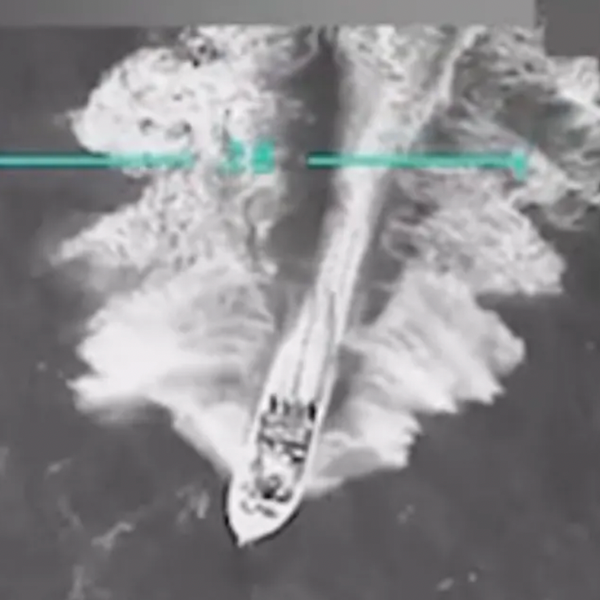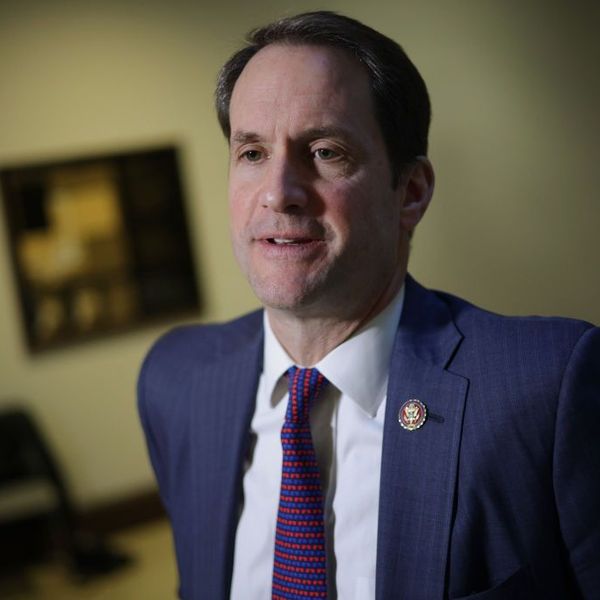LOOK AT WHAT America has become. We are moving on steel treads across a harsh landscape as a creature of destruction, kicking up clouds of unreality through which we see illusions of our efficiency and virtue.
The prodigality of our nation's claims for itself is staggering. We can decide alone when the use of overwhelming violence is justified. Before the onslaught of our weapons, enemy resistance will be nil. The display of ''shock and awe,'' an unprecedented bombardment aimed less at human beings and buildings than at the human imagination, will bend the world to our will. Unlike all previous powers in history, we can wage war humanely. Our success will be so complete that no other nation will challenge us -- or imitate us. The time for complexity is past: You are for us or against us. Either way, your world will be a far safer place when we are finished. Those who opposed this war will sheepishly return to the fold, the flock of our dominance. We are so good.
Young Americans in uniform are now dying for this cloud of illusion -- dying of it -- and so are Iraqis of all ages and stations -- uniformed and naked. When the dying begins, the arguments leading up to the war cease to have resonance. Who is debating anymore the hazards of intervention, the relationship of ends and means, the question of whether Saddam Hussein is Osama bin Laden's partner or nemesis?
Those who opposed the war on the grounds that its good effects would be outweighed by unintended disasters -- chemical attacks, oil wells aflame, riots in the street across the globe -- are now in the position, only, of praying to have been wrong. Those who opposed it more broadly, as reckless hubris whether successful or not, are still saying no without waiting for outcomes. Yet all are braced today for the Battle of Baghdad, hardly breathing.
Americans overwhelmingly support this war -- but do we understand it? The bombardment that has already been carried out, for example: more bombs already than in the 40 days of Desert Storm. Assume for a moment that civilian casualties have indeed been kept to a minimum by precision weapons. Still, what are we seeing through the lenses of news cameras mounted on hotel rooftops on the ''safe'' side of the river? What do those far off raging fires actually signify? Set aside moral and political abstractions that differentiate Baghdad from Washington to focus on the merely physical effects of such bombing.
If Washington were the target of a ''shock and awe'' campaign, the US Capitol would now be rubble, along with that entire parade of becolumned federal buildings astride seven blocks of Pennsylvania Avenue. The White House a smoldering ruin (like Camp David -- and the Bush ranch house in Crawford, Texas). The Pentagon a fetid sinkhole, in-rushing waters of the adjacent Potomac River having snuffed the burning abyss. The vice president's residence at the head of Embassy Row in ruins. Bolling Air Force Base and Andrews Air Force Base on the Maryland side of the Potomac aflame. Fort Myers and the Navy Annex on the ridge of Arlington, Fort McNair in Southwest Washington and the Marine Barracks in Southeast, the Naval Hospital in Bethesda, and Walter Reed Hospital in far Northwest -- all on fire. CIA headquarters in McLean, Va., a smoking scar on the landscape.
Such is a ''limited'' campaign, targets chosen ''humanely'' according to a strategy of ''decapitation.'' We can leave until later the question of who and how many are dead and wounded.
And what, exactly, would justify such destruction? What would make it an act of virtue? And is it possible to imagine that such violence could be wreaked in a spirit of cold detachment, by controllers sitting at screens dozens, hundreds, even thousands of miles distant? And in what way would such ''decapitation'' spark in the American people anything but a horror to make memories of 9/11 seem a pleasant dream? If our nation, in other words, were on its receiving end, illusions would lift and we would see ''shock and awe'' for exactly what it is -- terrorism pure and simple.
American broadcasts are full, already, of the language of glory and eventual triumph. But the firmness of assertion suggests uncertainty. Are we the new masters of morality, imposing our order on a world that will someday be grateful? Are we victors, at last, over self-deceit and pride, crushing opposition only because it forces us to? Have we overcome the tragic momentum of mechanized violence so that at last it can be used humanely?
If so, the glory and triumph are right and just. If not, then when the clouds of illusion finally do lift, our claims will be seen for what they are: vainglory and triumphalism.


